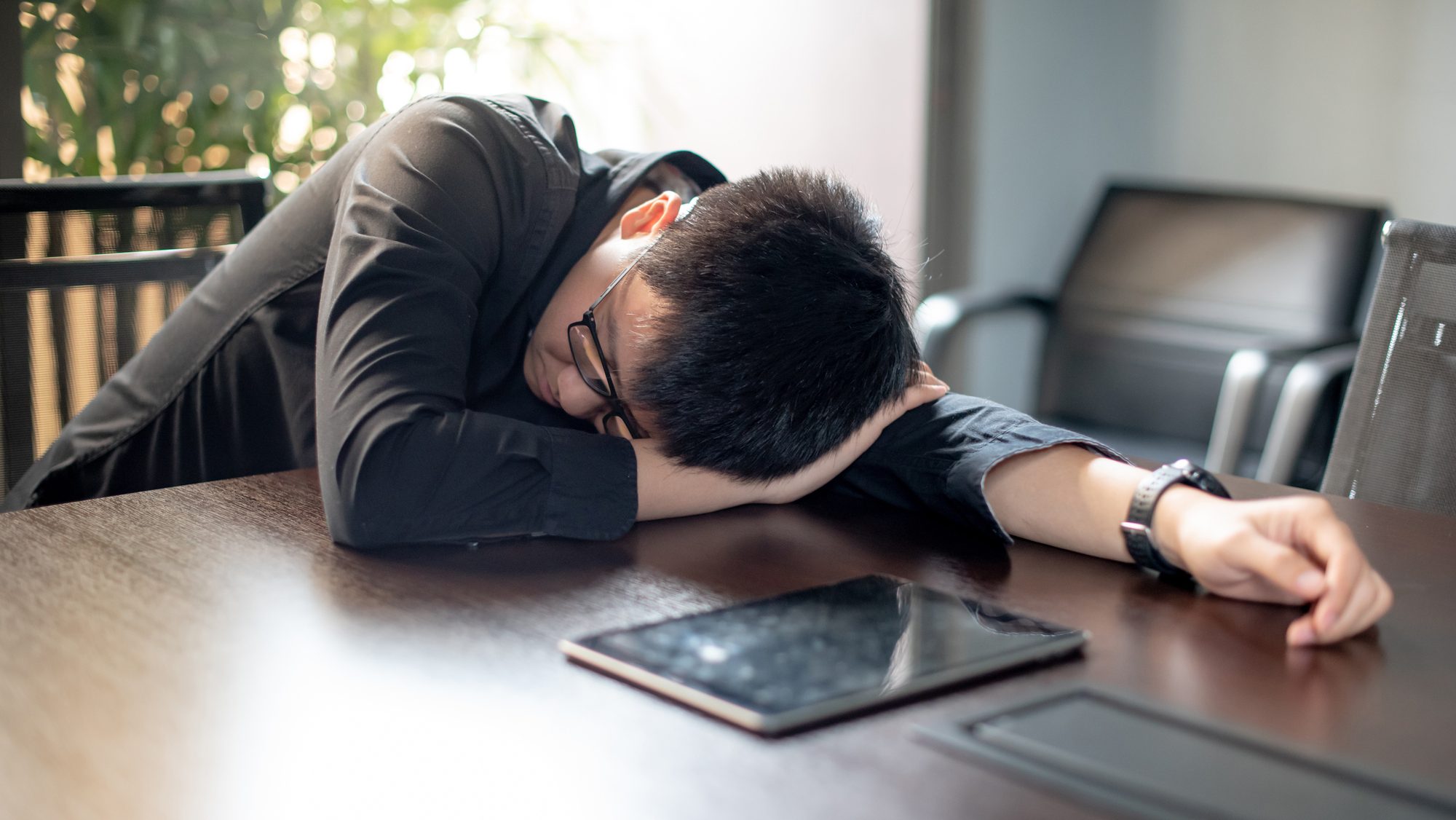This week has been one where Singapore’s position in international relations should be examined. While no stranger to hosting international events, authorities in Singapore have often cited the “we are a small country” rhetoric every time they are asked to take a stand on anything.
So what do we make of Singapore’s official position in the face of the continuing Russian invasion of Ukraine? One can view the attack on Ukraine as a faraway problem, but Singapore simply cannot afford to be complacent on this issue. And here’s why:
Singapore is but one of two countries in ASEAN that has outrightly condemned the invasion as a violation of Ukrainian sovereignty, but it is unlikely that Singapore will do anything more than a verbal declaration of condemnation despite the fact that Ukraine has featured in the Singapore government’s talking points about foreign policy and defence since 2014, when Putin annexed Ukraine’s Crimea region.
But is this really the extent of Singapore’s influence? Or is it simply a strategy to avoid dealing with difficult issues?
As noted by Professor Heng Yee Kuang who in his paper “Can Small States be More Than Price-Takers?, founding prime minister of Singapore Lee Kuan Yew, once famously said that “Singapore takes the position that we are price-takers”.
“Applied to international relations, the notion of price-takers refers to small states with limited capacity to shape the rules, processes, norms, and outcomes defined by great powers, known as price-makers.”
Certainly, this appears to be the stance that the Government has also taken amid atrocities in Myanmar. Despite Singapore having the financial and investment power, being the largest investor in Myanmar, to hamper the actions of the junta, Singapore has hitherto done nothing besides being “deeply concerned” and backing the exclusion of the junta from ASEAN meetings.
In 2015, Prime Minister Lee Hsien Loong said that “we are still surrounded by bigger neighbours, and located in the middle of South-east Asia, a region which is more stable and prosperous than before, but it is still the region where the interests of larger powers intersect, and a region that is far more diverse and less predictable than North America and, until recent years, Europe.
Singapore still has no natural resources, only “our wits and the foreign reserves that we have laboriously built up to see us through difficult times”. “Small countries like ours have constantly to ask ourselves: How can we make sure that we survive, and keep our place in the sun?”
But yet, when Singapore does have the power, such as in the case of Myanmar, it does nothing.
So, what is this “wit” that PM Lee talks about? And how does this “wit” gel with its recent faux pas with India?
In a 40-minute speech during last week’s debate on the Committee of Privileges’ report on the Raeesah Khan saga, PM Lee raised the ire of Indians when he said that almost half the MPs [members of parliament] in the Lok Sabha [India’s lower house of Parliament] had criminal charges pending against them, including charges of rape and murder.
Taking a stern view of his criticism, India’s external affairs ministry summoned Simon Wong, Singapore’s High Commissioner to India, to lodge a protest over comments made by PM Lee.
So if Singapore was really such a “price taker”, shouldn’t PM Lee be more careful about what he publicly says?
In a move that has spooked investors, India has banned the popular gaming app “Free Fire”, owned by technology group Sea Ltd (SE.N), which is headquartered in Singapore. According to news reports, the Singapore Government has queried the ban. Why is the Government intervening in this situation when it is not strictly a diplomatic issue?
It would seem that Singapore is not as powerless as it portrays itself to be.
Aside from the breach of international law and the gross violations of human rights that come with an attack on a peaceful country like Ukraine, which should rightly shock the conscience of the world, there are also wider implications.
Unbeknownst to many, Ukraine supplies many of the raw materials that keep global economies churning. Not to mention the energy price hikes that are sure to follow amid a climate of rising costs of living and Covid recovery – a bread and butter issue that Singapore can hardly afford to ignore.
Using 2019 as a benchmark, Singapore has sizable trade relations with Ukraine. In 2019, Ukraine had a large net trade with Singapore in the exports of Metals ($169M), Machines ($11M), and Animal and Vegetable Bi-Products ($9.48M). In the same year, Singapore had a large net trade with Ukraine in the exports of Instruments ($8.04M), Machines ($5.43M), and Foodstuffs ($3.61M).
As of 2019, Ukraine also became a part of Singapore’s strategy to bolster its food security when Ukrainian eggs made their way into Singapore supermarket shelves.
Even the Straits Times which is largely seen as a Government mouthpiece has published an article setting out how the escalating tensions in Ukraine could affect Singapore. Among other things, the article points to rising food prices, energy prices, and increased disruption to global supply chain systems.
So, while Singapore does not dictate global economic policy, it does have greater powers of influence than it cares to let on. It picks and chooses. The question, though, is, on whose whims?
And while the Ukraine question is still open, how has Singapore’s non-intervention in Myanmar helped the average Singaporean?
Back in 2018 when Singapore played host to the Trump-Kim summit, Time Magazine observed that Singapore was a perfect venue because it was not a country that could be bullied. It also noted how rich and experienced Singapore was in international events.





